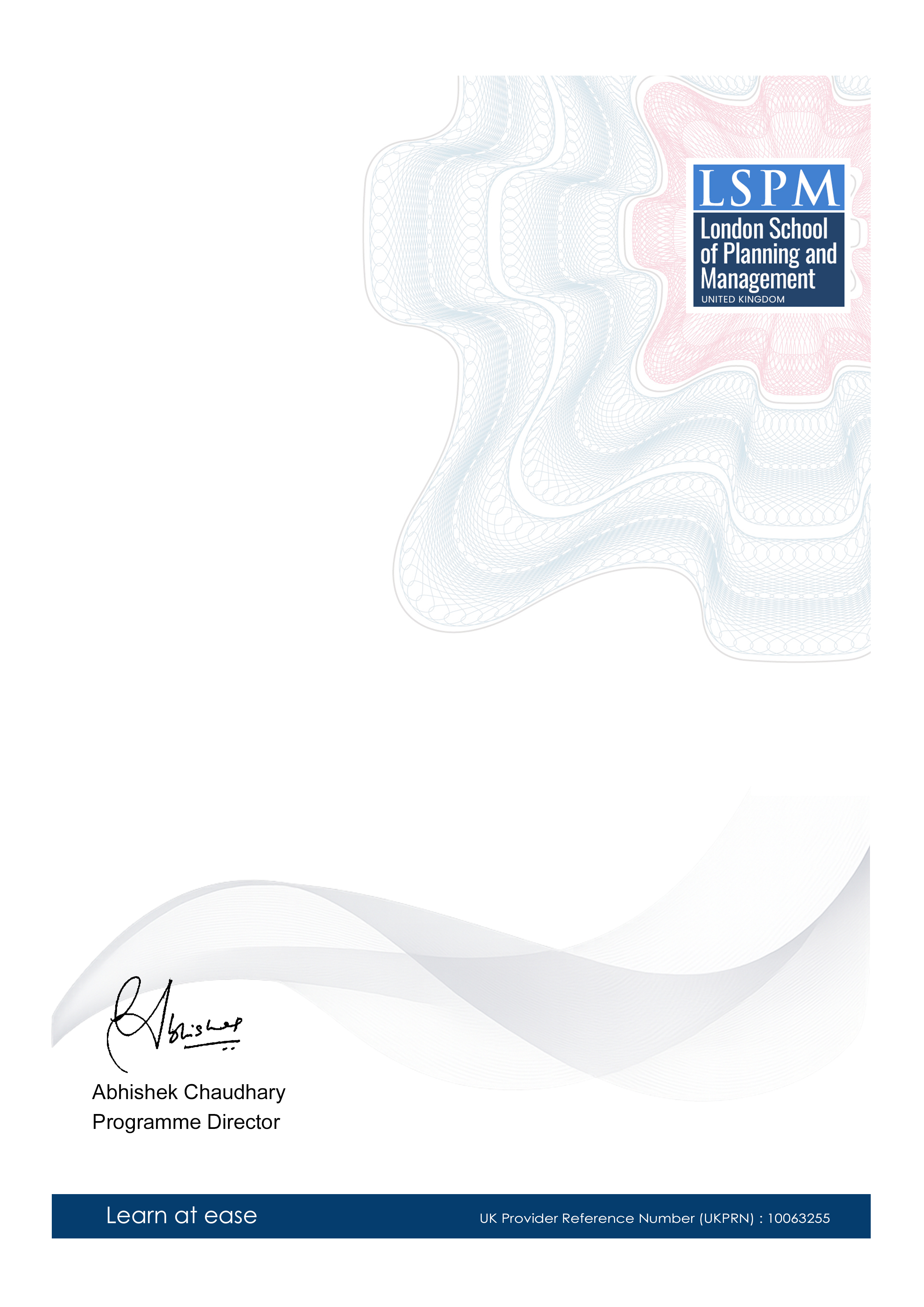Global Certificate Course in Fisheries Resilience
-- viewing nowThe Global Certificate Course in Fisheries Resilience is a comprehensive program designed to equip learners with the essential skills needed to face the challenges of the fisheries industry. This course emphasizes the importance of building resilient fisheries systems to ensure food security and sustainable livelihoods in a rapidly changing world.
4,324+
Students enrolled
GBP £ 149
GBP £ 215
Save 44% with our special offer
About this course
100% online
Learn from anywhere
Shareable certificate
Add to your LinkedIn profile
2 months to complete
at 2-3 hours a week
Start anytime
No waiting period
Course details
• Fisheries Resilience Fundamentals: An introduction to the key concepts of fisheries resilience, including the definition, importance, and benefits of resilient fisheries. This unit will also cover the primary threats to fisheries sustainability and the role of resilience in addressing these challenges.
• Fisheries Management and Governance: This unit will explore the various approaches to fisheries management and governance, with a focus on strategies that promote resilience. Topics may include co-management, ecosystem-based fisheries management, and the role of international agreements and organizations.
• Climate Change and Fisheries: An examination of the impacts of climate change on fisheries, including changes in water temperature, ocean acidification, and the distribution and abundance of fish species. This unit will also cover the strategies for building resilience to climate change in fisheries.
• Fisheries and Community Resilience: This unit will explore the relationship between fisheries and community resilience, including the social and economic benefits of sustainable fisheries and the importance of community engagement in fisheries management.
• Fisheries Technology and Innovation: An overview of the role of technology and innovation in promoting fisheries resilience, including the use of data and monitoring systems, gear modifications, and value chain improvements.
• Fisheries Monitoring, Control, and Surveillance: This unit will cover the importance of monitoring, control, and surveillance in promoting sustainable fisheries and building resilience. Topics may include the use of remote monitoring technologies, the role of fisheries observers, and the challenges of ensuring compliance with fisheries regulations.
• Fisheries and Biodiversity: An exploration of the relationship between fisheries and biodiversity, including the impacts of fisheries on marine ecosystems and the role of biodiversity in promoting resilience.
• Fisheries and Food Security
Career path
Entry requirements
- Basic understanding of the subject matter
- Proficiency in English language
- Computer and internet access
- Basic computer skills
- Dedication to complete the course
No prior formal qualifications required. Course designed for accessibility.
Course status
This course provides practical knowledge and skills for professional development. It is:
- Not accredited by a recognized body
- Not regulated by an authorized institution
- Complementary to formal qualifications
You'll receive a certificate of completion upon successfully finishing the course.
Why people choose us for their career
Loading reviews...
Frequently Asked Questions
Course fee
- 3-4 hours per week
- Early certificate delivery
- Open enrollment - start anytime
- 2-3 hours per week
- Regular certificate delivery
- Open enrollment - start anytime
- Full course access
- Digital certificate
- Course materials
Get course information
Earn a career certificate

